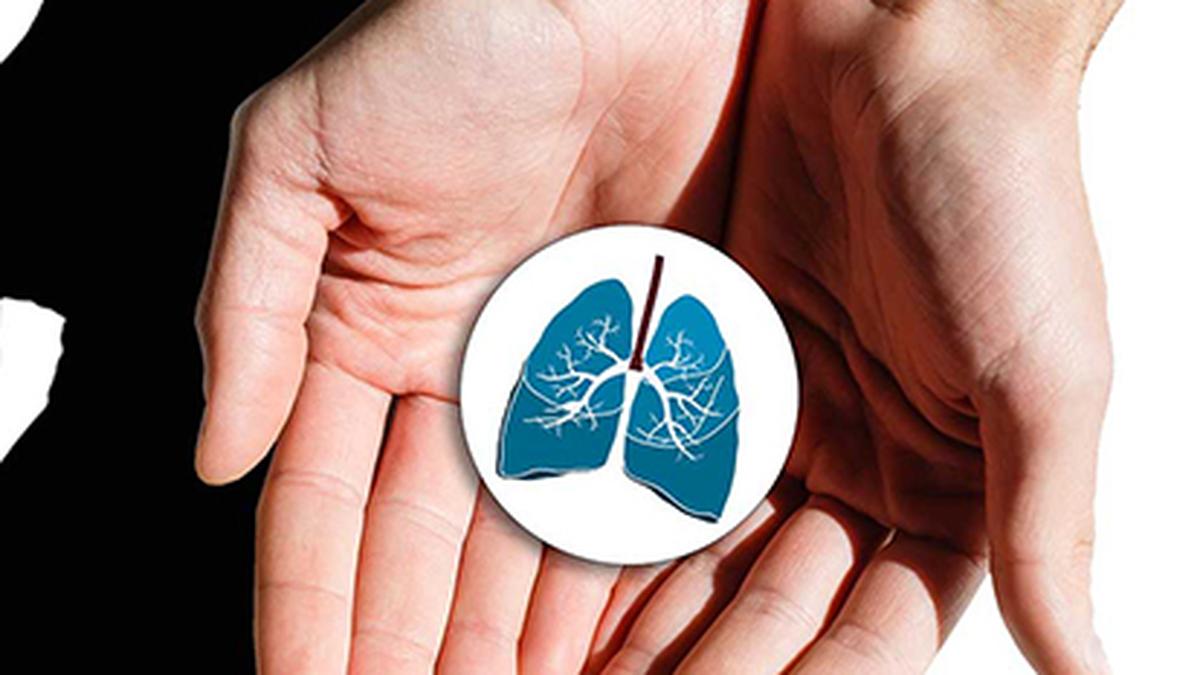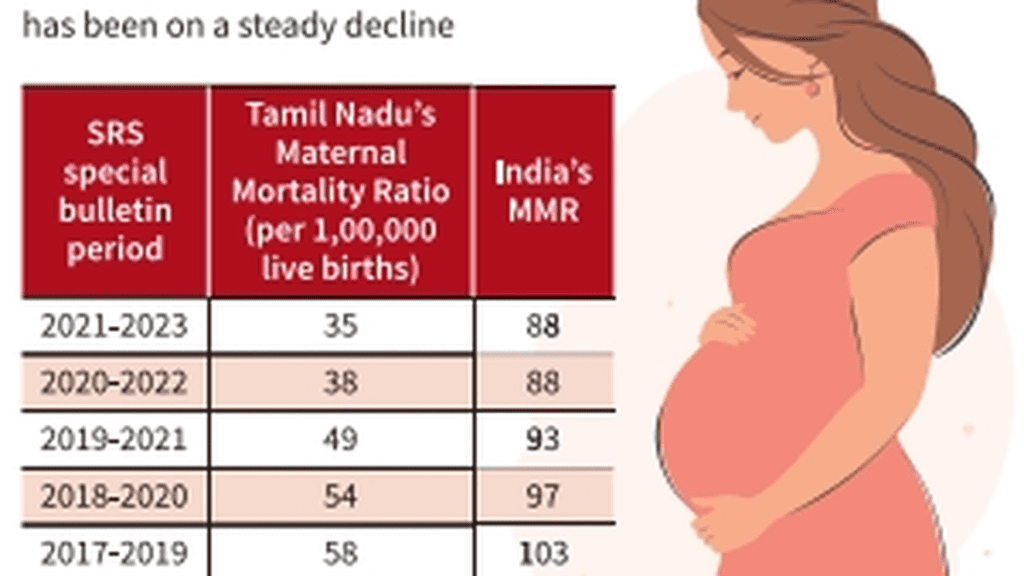Community-led framework addressing twin epidemics of TB and mental health released

Community-led framework addressing twin epidemics of TB and mental health released
An oft-neglected but critical aspect in the fight against tuberculosis, is the impact the disease has on the mental health of those affected by it. To address this gap, a community-led framework that focuses on the integration of TB and mental health care, addressing these two interlinked epidemics, has been released by Survivors Against TB, a group of tuberculosis survivors who advocate on key issues around TB in India, to impact policy and create awareness.
The framework, supported by the Stop TB partnership, seeks to answer the question: What can be done now to address the impact of TB? It seeks to mainstream mental health care and address stigma—both of which are key challenges that hinder access to TB care, particularly among vulnerable populations with intersectoral barriers to health, says Chapal Mehra, convenor of the organisation, in the document. What it offers, is practical suggestions that can be implemented through policy changes, funding allocation, administrative reforms, and skill-building within both the health system and communities.
Tuberculosis, an ancient disease, continues to remain the leading infectious disease killer globally. According to the Global Tuberculosis Report 2024, as of 2023, India has the highest tuberculosis burden in the world, accounting for 26% of all cases worldwide. In March 2018, Prime Minister Narendra Modi set an ambitious target of eliminating TB by 2025, five years ahead of the United Nations Sustainable Development Goals deadline of 2030. However, experts indicate that this goal is unlikely to be achieved.
Even while the country battles TB, the need for a holistic approach to care — one that takes into account the mental health challenges faced by patients from diagnosis, through treatment and post-cure — is stressed in the framework.
The document points out that the relationship between TB and mental health (MH) is bidirectional, creating a cycle where each condition can influence the severity and management of the other. “ On the one hand, mental illness can increase vulnerability to TB…On the other hand, having TB can significantly impact an individual’s MH,” it says. Additionally stigma surrounding TB and MH is a deeply ingrained and multifaceted barrier that affects individuals on both social and psychological levels, severely limiting access to integrated care, it says.
The framework outlines a model that includes: integrated screening for TB and MH issues at all stages of the care cascade; psychosocial support to address stigma and emotional challenges; community-based interventions, leveraging peer networks and family support; disease literacy and education to empower affected individuals; post-treatment support for sustained recovery; capacity building for healthcare providers to deliver integrated care effectively and policy advocacy for increased resource allocation and holistic guidelines.
“Our lived experiences have shown us that the intersections of TB and mental health are critical yet often ignored in care models,” say Akshata Acharya and Deepti Chavan, both MDR TB survivors, in the document. “Our hope is that this framework will not only improve the quality of care for those affected by TB and mental health challenges but also dismantle the stigma that persists in our societies,” they say.
In her foreward to the framework, former World Health Organization Chief Scientist Soumya Swaminathan says: “The integration of mental health into TB care is not just an option—it is an urgent necessity. It is my hope that this framework provides insights to policymakers, healthcare providers, and communities worldwide to reimagine TB care with a lens of compassion, inclusivity, and resilience.”










